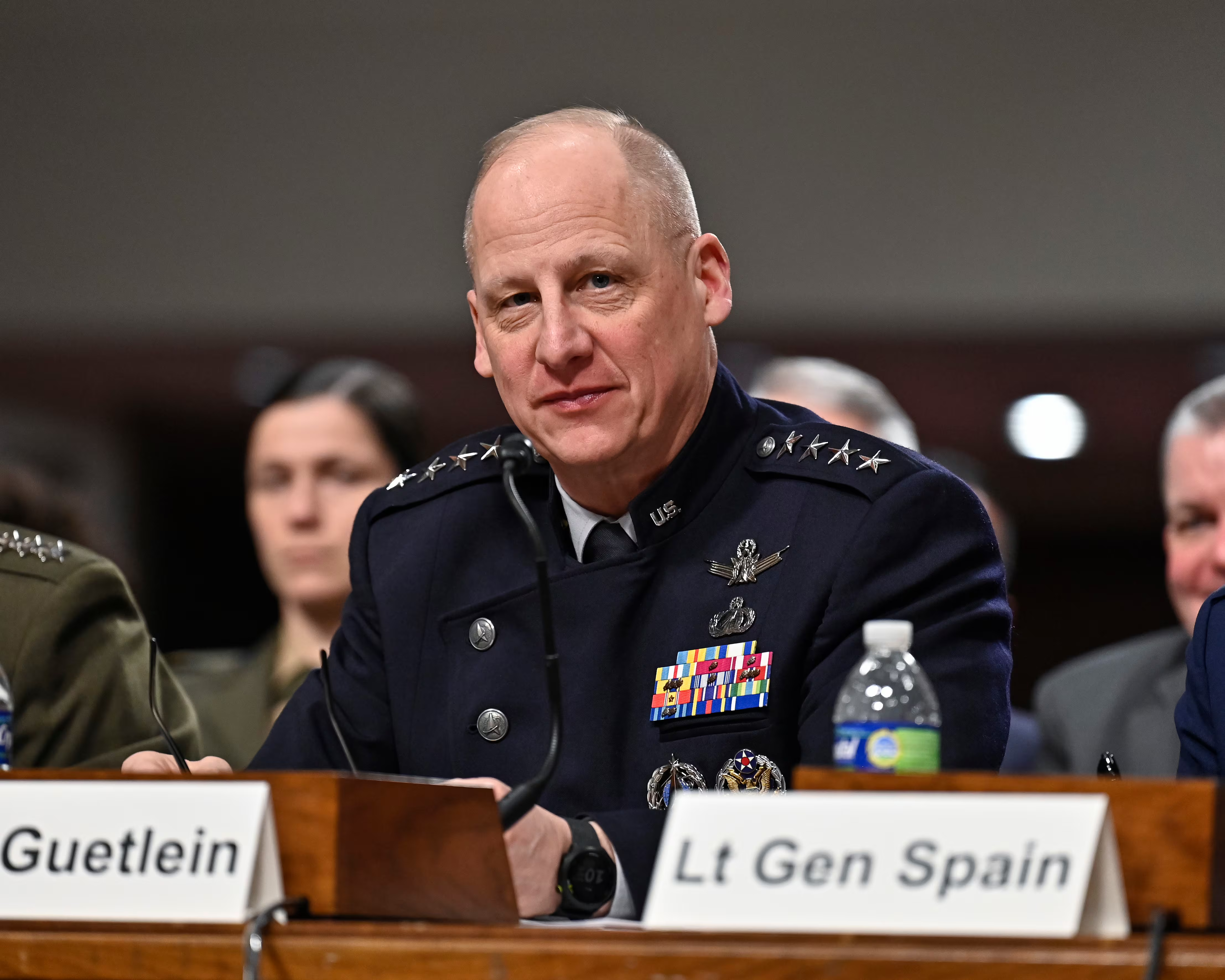While the Republican nominee for president, Donald Trump, is not convinced the Russian government is behind the recent hacks of the Democratic National Committee and other prominent allies of former Secretary of State Hillary Clinton, the overwhelming opinion of the intelligence community is that Vladimir Putin is using cyber attacks to try and influence our election. Current reports say that the United States government is looking to retaliate against the Kremlin, utilizing our own cyber arsenal against our old foe.
Regardless of who wins the White House, it is unlikely the end of the election will bring an end to cyber attacks from Russia. The new Cold War is heating up and the weapons are computer code and the battlefield is cyberspace.
As a nation, we must not underestimate the potential damage of these online assaults. In addition to harming the credibility of our elections, there are countless other risks. Imagine if our banking systems were attacked. Americans could lose faith in financial institutions, which could drastically destabilize the nation's economy. In the United States, the potential targets for hackers are almost endless, since computers control almost every aspect of modern life.
One area of particular concern for cyber hacking is the Global Positioning System. Also known as GPS, it uses satellites orbiting our planet to calculate locations on earth. Americans use it for everything from Google Maps, to tracking a lost iPhone. But for the military, which originally developed GPS, having the ability to know exact positions on the earth is critical. GPS is integral on the battlefield and in day-to-day operations. It allows artillerymen to know the positioning of friendly troops and the enemy. It helps aircraft carriers stay on course and the carrier's airplanes to return from missions safely. Militarily speaking, the importance of a reliable GPS cannot be overstated – which is also why it is such an important target for our adversaries.
Understanding its importance, efforts have been underway by the Pentagon to upgrade and cyber-harden our nation's GPS capabilities, known as Next Generation Operational Control System or GPS OCX. However, engineering and implementing these much needed upgrades proved more difficult than the military and its contractors could have anticipated, leading to delayed timelines and increased costs to taxpayers.
Recently, those increased costs triggered a Nunn-McCurdy breach, where Congress is notified and a mandatory review of the program must be conducted to certify if it's vital to national security and worth taxpayers continued investment or should be cancelled.
After a thorough review of GPS OCX, earlier this month, the Air Force and Secretary Carter's Department of Defense announced: "The program capabilities provided by the OCX program are essential to national security, [and] that no alternatives exist which would provide acceptable capability to meet the requirements." Carter's office has certified to Congress that the program is essential and that there is a clear plan to get it back on track and to avoid future cost overruns.
The American taxpayer has a right to be dismayed. As of today, the Pentagon will likely pay more than $5 billion dollars to complete the project. However, the GPS modernization program, is absolutely essential and there are no other alternative solutions. It will protect our GPS against cyber hacking from Russia and North Korea, and it will be much more accurate than what is currently available for the military today. For these reasons, I consider it to be indispensable.
Regrettably, as a nation, we must all accept that cyber hacking is going to likely get worse, and will cost us billions of dollars to fend off would-be attackers. That being said, failing to protect the United States is not an option. Modernizing our GPS, and hardening countless other targets, must be a top priority for our leaders in Washington.
The Honorable Silvestre Reyes, a Democrat, is a past chairman of the House Permanent Select Committee on Intelligence.








